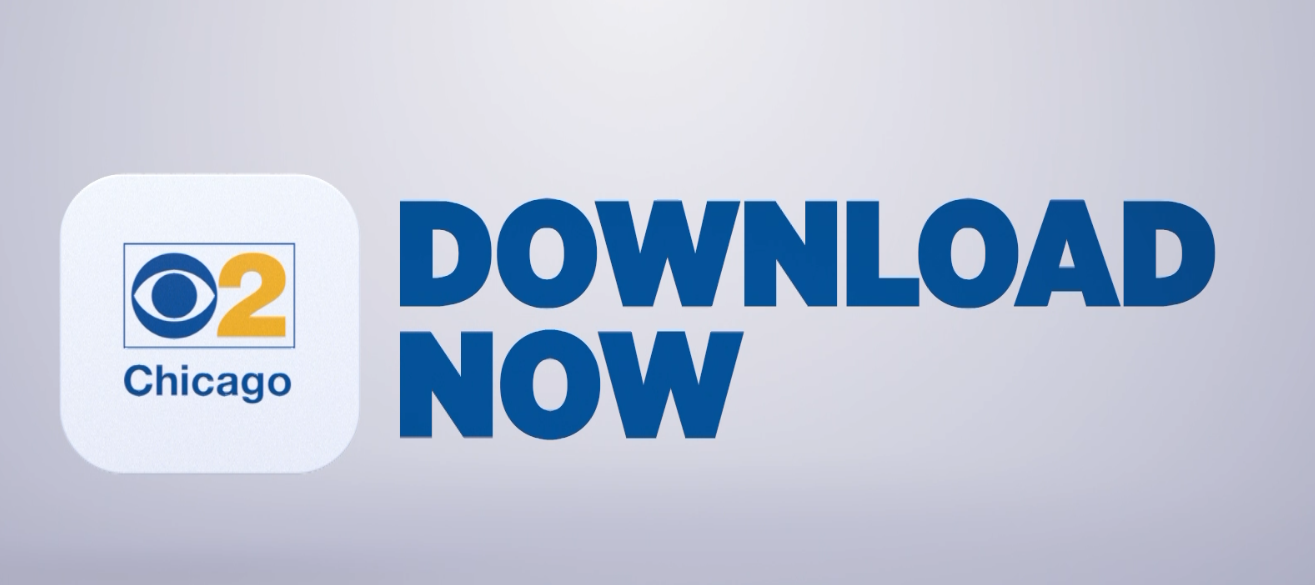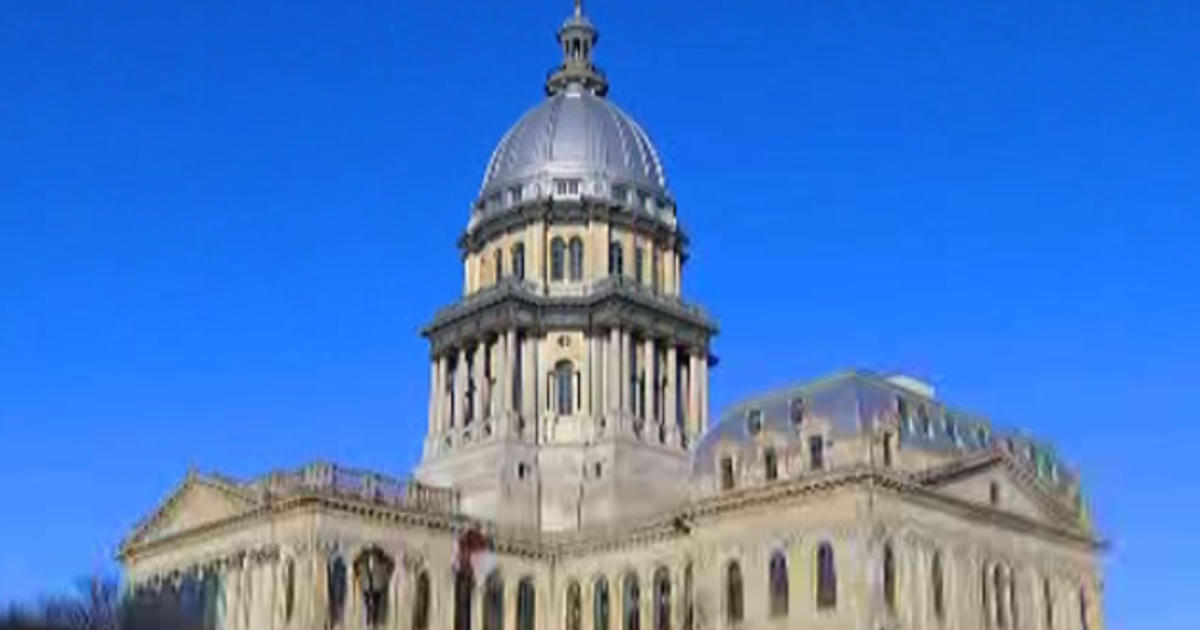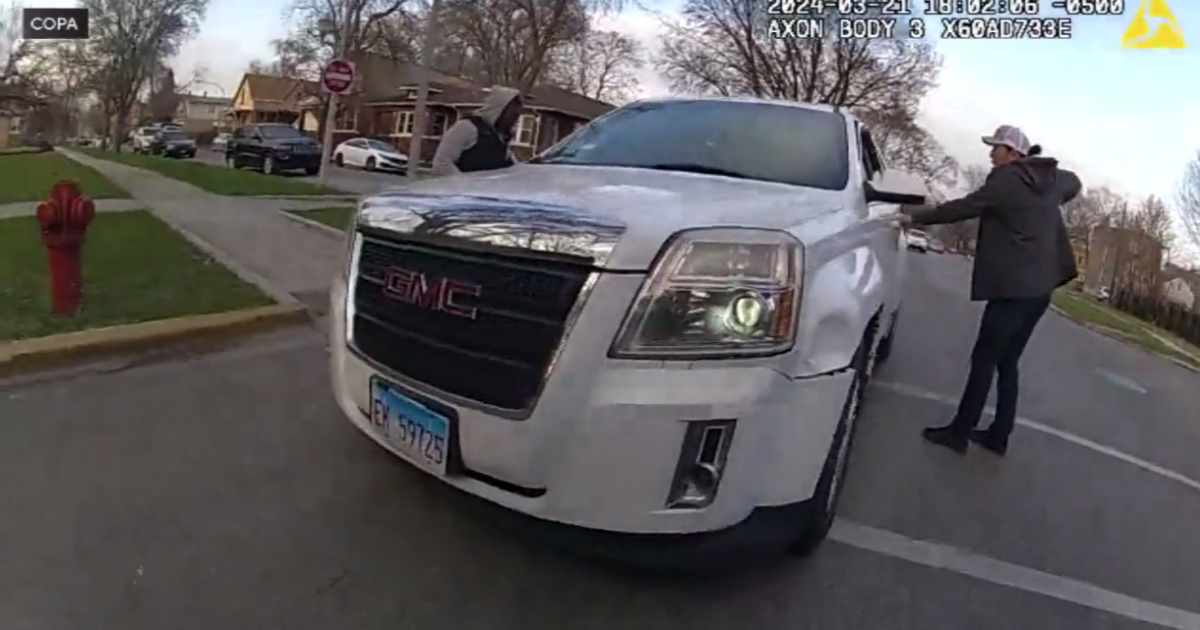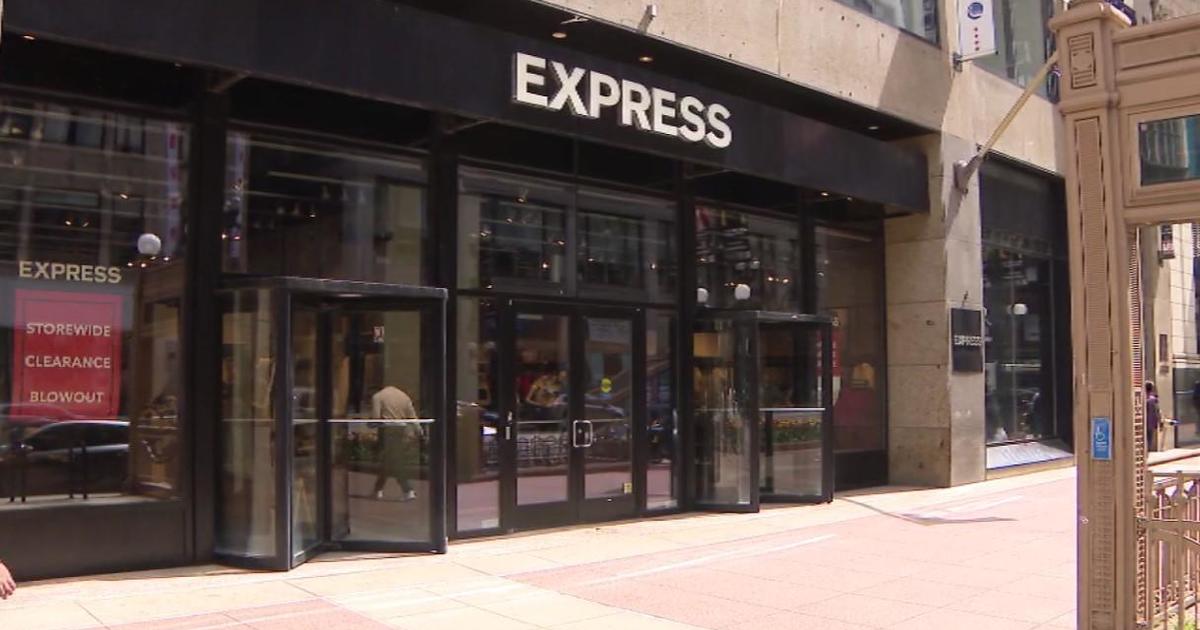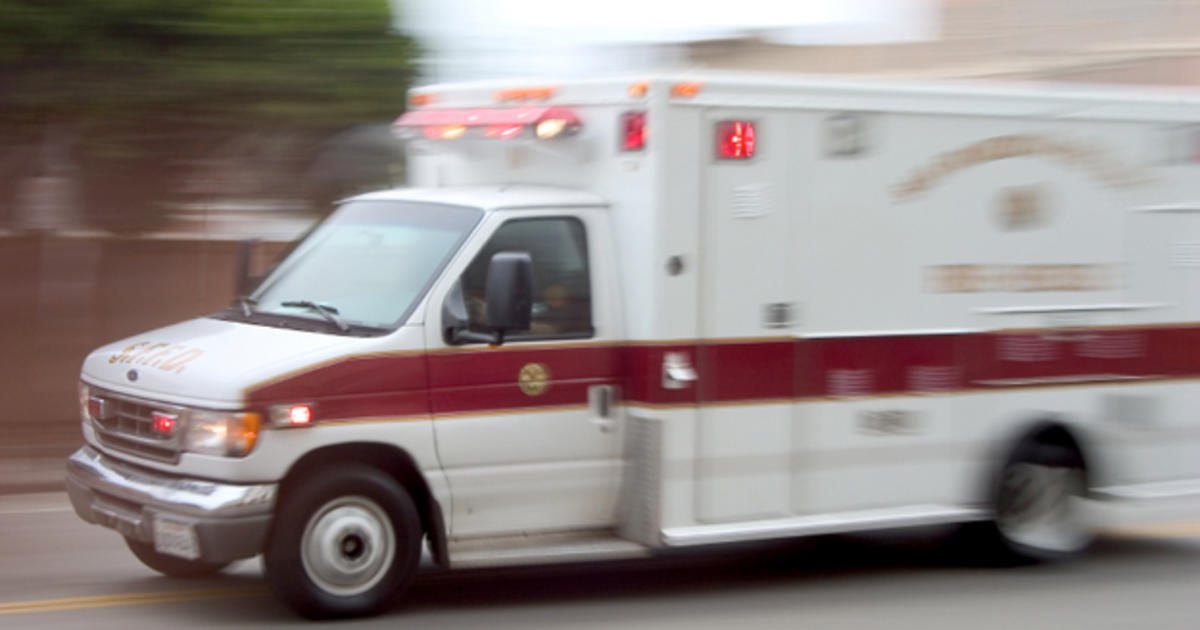Pritzker Announces Indoor Dining Ban For West-Central Illinois; 9 Of 11 Regions Now Face Extra Restricitons: 'We Have A Real Problem On Our Hands'
CHICAGO (CBS) -- Saying "things are moving in a bad direction all across our state," Gov. JB Pritzker on Thursday announced new cases of COVID-19 in Illinois have more than doubled this month, and yet another region of Illinois will soon face tougher restrictions in an effort to curb the spread of the virus.
"Statewide, we have a real problem on our hands, and people's lives hang in the balance," Pritzker said at his daily coronavirus briefing.
The governor said, starting Monday, Region 3 in west-central Illinois near Springfield will face tougher COVID-19 restrictions, after its average positivity rate surpassed 8% for three days in a row. The new mitigations include a ban on indoor service at bars and restaurants; lower limits on gathering sizes; shutting down party buses; and requiring bars, restaurants and casinos to close at 11 p.m. Reservations also will be required for all guests at bars and restaurants.
Region 3 – which includes Hancock, Adams, Pike, Calhoun, Jersey, Greene, Scott, Brown, Schuyler, Cass, Morgan, Macoupin, Montgomery, Christian, Sangamon, Logan, Menard, and Mason counties – will be the ninth of 11 regions in Illinois to face added restrictions this month, as COVID-19 cases have been surging statewide.
Pritzker said Region 6, in east-central Illinois, could face added restrictions as early as Monday, after its positivity rate has surpassed 8% for two days in a row.
Also From CBS Chicago:
- Already Fined For Rusty Flagpole She Couldn't Fix, South Holland Woman Hit With $300 Fine For Dead Bush
- DuPage County Launches Investigation After Sheriff's Staff Seen Dining Inside Restaurant
- Morton Grove Mayor Questions JB Pritzker's Order To Ban Indoor Dining
The Illinois Restaurant Association has threatened a possible lawsuit against the governor's restrictions on bars and restaurants, calling on Pritzker to allow for limited dine-in operations.
Facing growing criticism from bar and restaurant owners that they are unfairly being singled out for restrictions, Pritzker said there have been more than a dozen studies showing a significant risk of spread of the virus while dining, because of the amount of time people spend close together without masks.
"Bars and restaurants are spreading locations, and we need to clamp down, because we need to bring the numbers down," Pritzker said. "They're headed in the wrong direction, and unfortunately bars and restaurants are the location – no fault of the people who own them, or operate them, or even people who visit them – but it is true that those are places where there's higher transmission likelihood than there is in other locations."
The governor has acknowledged that private gatherings are the most significant spreader of the virus right now, but he said dozens of studies have shown restaurants and bars are also are a major spreader.
"Well-meaning and reasonable people can have fair disagreements about where and how to draw lines and connect dots, but when every single metric in every single corner of our state is trending poorly, we have to take meaningful action to keep our people safe," he said.
Pritzker pointed to several troubling virus trends over the last month. Pritzker said, since the start of October, the average number of new cases reported per day has increased 151%, the number of hospitalizations has increased 73%, the number of COVID patients in intensive care is up 61%, the number of virus patients on ventilators is up 63%, and the average number of deaths per day has climbed 82%.
"Unfortunately, as these trends indicate, things are moving in a bad direction all across our state," Pritzker said.
Pritzker said, while the state has also been increasing its testing capacity throughout the pandemic, but "our cases are rising at a much faster clip than our testing."
On Thursday, the Illinois Department of Public Health reported 6,363 new confirmed cases, an new high, and the third time in the past six days the state has surpassed 6,000 new cases.
The statewide seven-day average case positivity rate for Illinois stands at 6.9%, the highest it's been since June 2, when the rate was 7%.
As of Wednesday night, 3,030 coronavirus patients were being treated in Illinois hospitals, including 643 patients in intensive care, and 269 on ventilators. Those numbers are all the highest they've been since early June.
Illinois Public Health Director Dr. Ngozi Ezike said the renewed surge in COVID-19 cases in Illinois is straining the state's contact tracing efforts, especially given that some people don't answer calls from contact tracers, or refuse to answer questions.
"We are doing our best to collect as much information as possible, so that we can have the most complete picture of where COVID-19 is spreading, but of course we can't do that without your participation," Ezike said. "Please, if a contact tracer calls you, answer the phone. Please give as much information as you can."
Ezike stressed that contact tracers are required to keep private health information confidential, and won't give out names to anyone, but will simply let others know if they've been in close contact with someone who has tested positive for the virus.
Dr. Emily Landon, lead epidemiologist at University of Chicago Medicine also said she's concerned that misinformation about the virus, as well as fatigue over months of restrictions, are contributing to the recent resurgence.
Landon said, given that COVID-19 is still a new virus, doctors and scientists are still learning more about the disease every day, so there are bound to be changes in recommendations for containing it. She said inconsistent recommendations aren't evidence of a conspiracy, just evolving science.
"Science is learning. We change our guidance because we learn something new," she said.
One protection that has repeatedly been proven effective, however, is wearing a mask or other cloth face covering, according to Landon. She also shot down common myths that masks actually increase your chances of catching the virus, or cause trouble breathing.
"No matter what you hear, masks are important, and masks are safe," she said. "Construction workers, healthcare workers, artists, all kinds of people have been wearing masks for ages without complications. So stop your fussing, and put your mask on, especially now that the weather is getting colder."
Landon said there's also no single metric to best drive decisions on whether or not to require certain restrictions, and that the governor needs to make decisions based on multiple recommendations from different experts.
"In a pandemic, no one has the monopoly on expertise," she said.
